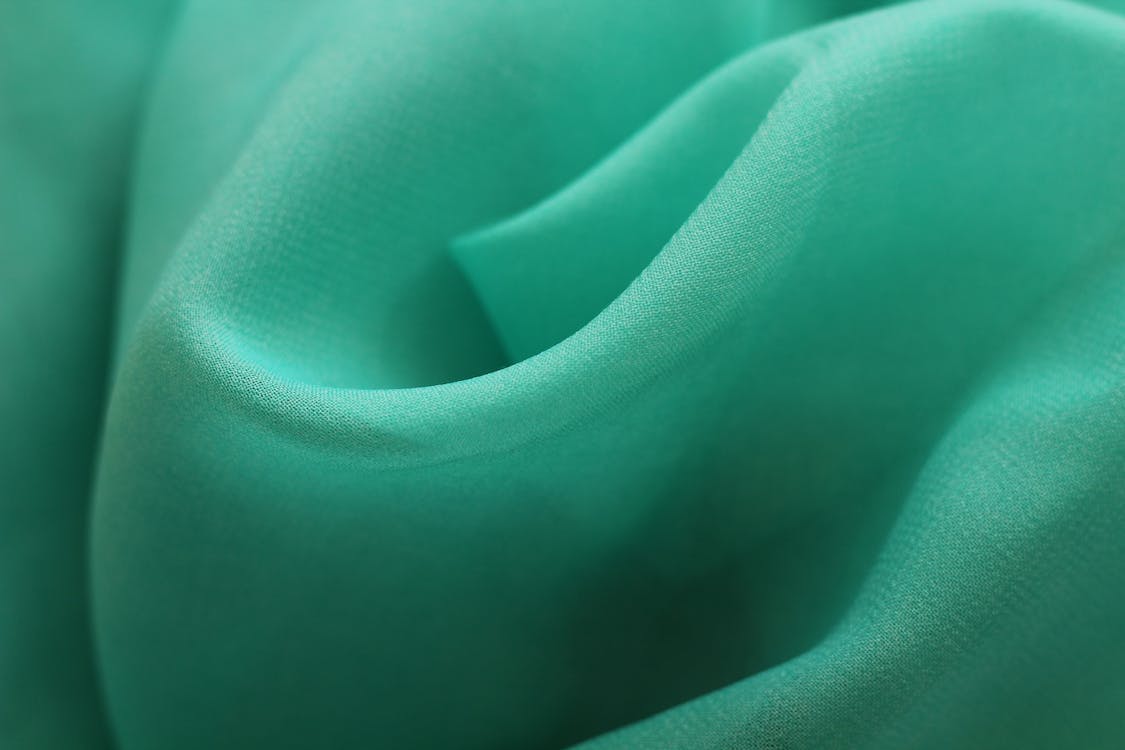
FAQ About Differences in Polyester
Does polyester absorb odors?
Polyester has low absorbency compared to natural fibers like cotton or wool, which means it is less prone to absorbing odors. However, polyester can still retain odors to some extent, especially if the odor is strong or persistent.
The low absorbency of polyester means that odors are less likely to penetrate and become trapped within the fibers. Polyester fabrics tend to have a smoother surface and are less porous, making it more difficult for odors to be absorbed and retained.
However, it's important to note that polyester fabrics can still accumulate odors on the surface. This can happen if the fabric comes into direct contact with odorous substances, such as food, sweat, or strong-smelling chemicals. In such cases, the odor molecules may adhere to the fabric's surface, leading to a temporary odor presence.
The odor-retaining properties of polyester can vary depending on the specific fabric construction, weave, and any additional finishes or treatments applied. Some polyester fabrics may be specially designed with anti-odor properties or treatments that help minimize odor retention.
To address any odors in polyester garments or textiles, proper cleaning and care are essential. Regular washing with detergent can help remove odors from the surface of the fabric. Additionally, following the care instructions provided by the manufacturer is crucial to maintain the freshness and cleanliness of polyester items.
Overall, while polyester is less likely to absorb odors compared to natural fibers, it is not completely immune to retaining odors on its surface. Taking proper care and cleaning measures can help keep polyester fabrics fresh and odor-free.
